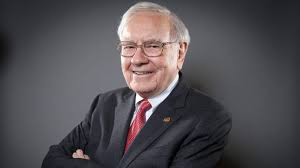When will you turn equities to cash for retirement?
As individuals age, it's commonly advised to decrease stock holdings and increase safer assets. A rule of thumb suggests holding a percentage of stocks equal to 100 minus one's age. For instance, a 60-year-old might hold 40% stocks.
+ Follow
+2





